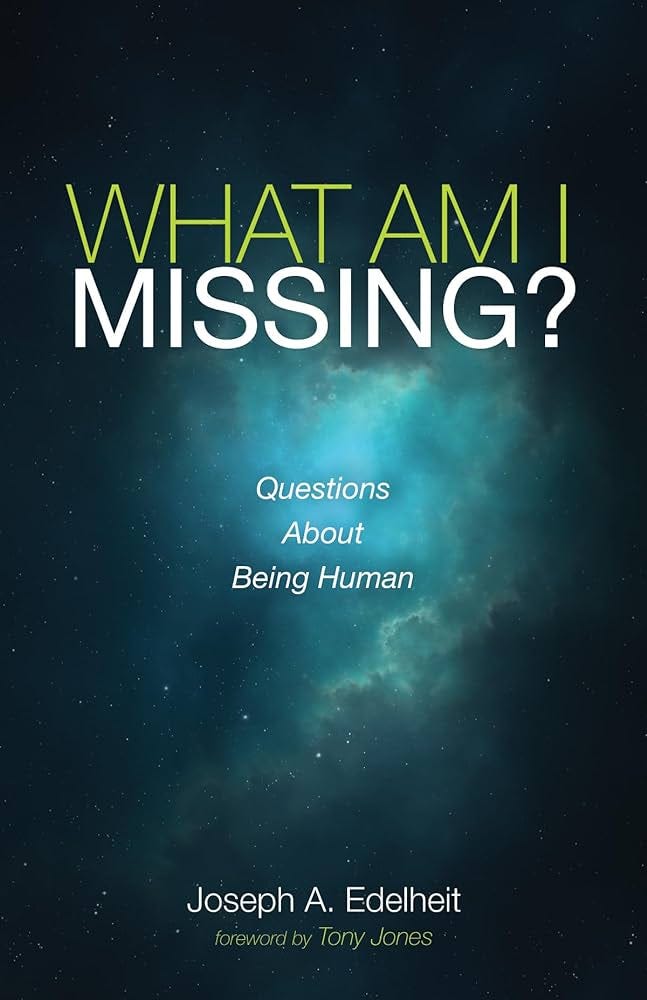Show Notes:
Summary
In this conversation, we discuss the stories of David and Esther in the Hebrew Bible. They explore the enigmatic passage in Genesis 2.25 about Adam and Eve's lack of shame, and how shame enters the human experience. They delve into the story of David and Bathsheba, highlighting David's shameless abuse of power and the consequences of his actions. The conversation also touches on the significance of the unnamed child in the story and the inclusion of these narratives in the Bible. The discussion concludes with reflections on the relevance of David's story in today's world and the importance of self-awareness and accountability. In this conversation, Rabbi Joseph Edelheit and Jason Micheli discuss the ambiguity of Psalm 51 and the Jewish expectation for the Messiah. They explore the connection between King David and Jesus, as well as the significance of the book of Esther and the festival of Purim. They delve into the themes of fear, power, and human nature in the book of Esther, and the lessons it offers for navigating difficult passages in the Bible. They also discuss the role of biblical characters as examples to emulate and the importance of embracing our humanity.
Takeaways
The Hebrew Bible includes stories that unabashedly depict the flaws and shameless actions of its characters, highlighting the human condition and the need for self-critique.
The story of David and Bathsheba serves as a powerful example of the abuse of power and the consequences of shameless behavior.
The inclusion of these stories in the Bible challenges the notion of cancel culture and emphasizes the importance of recognizing our own flaws and the potential for redemption.
The story of David ultimately points to the redemptive power of God and the significance of ordinary people in God's plan. The book of Esther offers lessons on fear, power, and human nature.
The Jewish expectation for the Messiah was one like King David.
The book of Esther is a diaspora folktale added to the Bible as a warning.
The Bible contains difficult and messy stories that reflect the complexity of human nature.












